All Articles
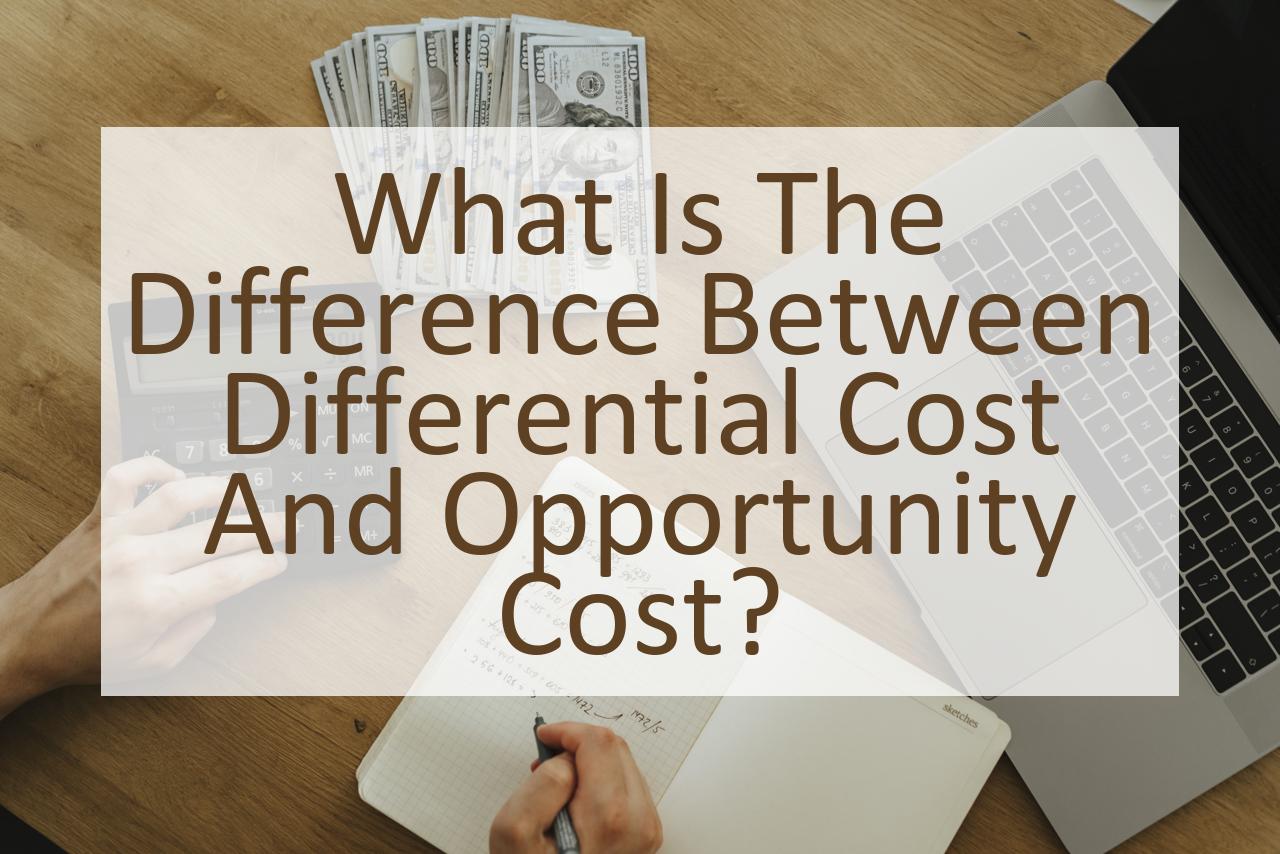
What is the Difference Between Differential Cost and Opportunity Cost?
Differential cost and opportunity cost are two crucial concepts in accounting that are often used to make financial decisions. While ...
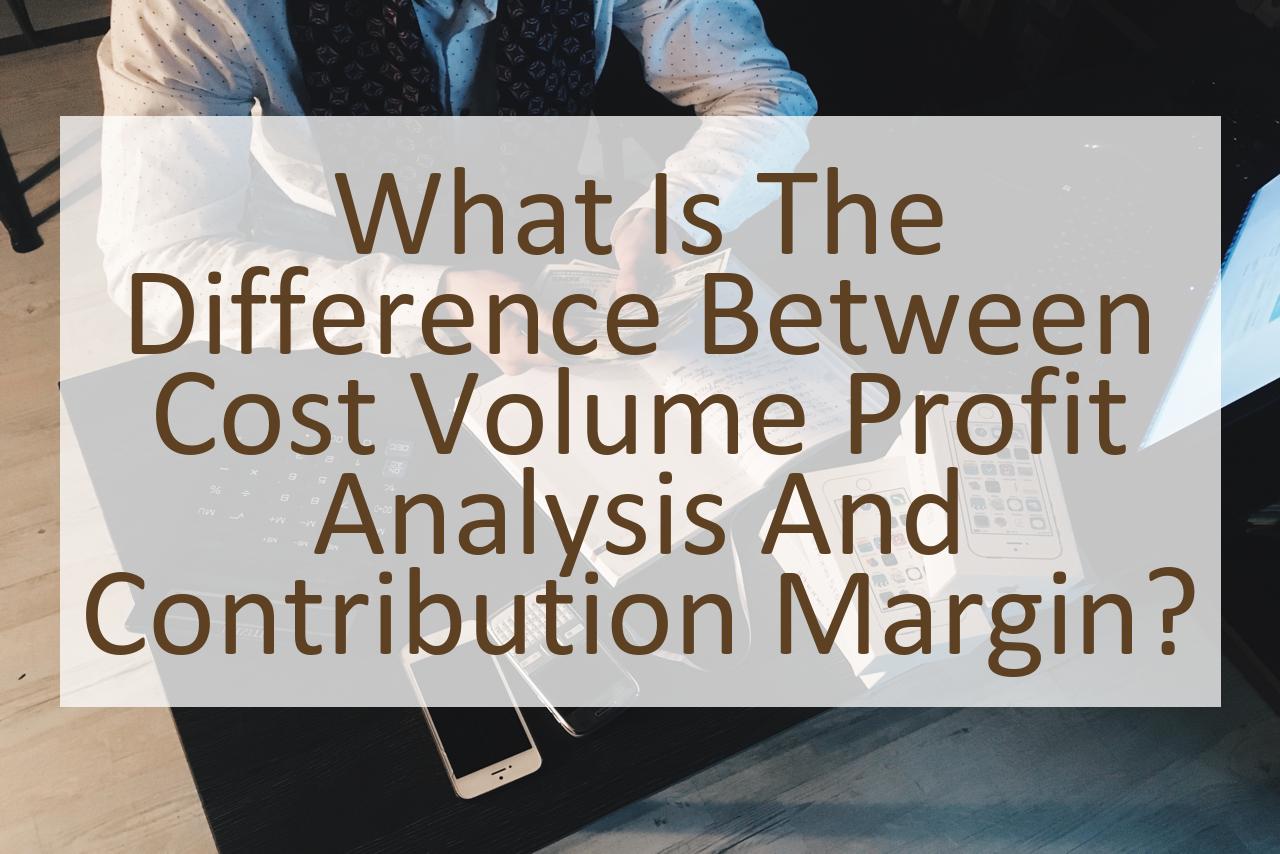
What is the Difference Between Cost Volume Profit Analysis and Contribution Margin?
Cost-volume-profit analysis and contribution margin are two essential concepts in accounting that help organizations understand the relationship between their costs, ...
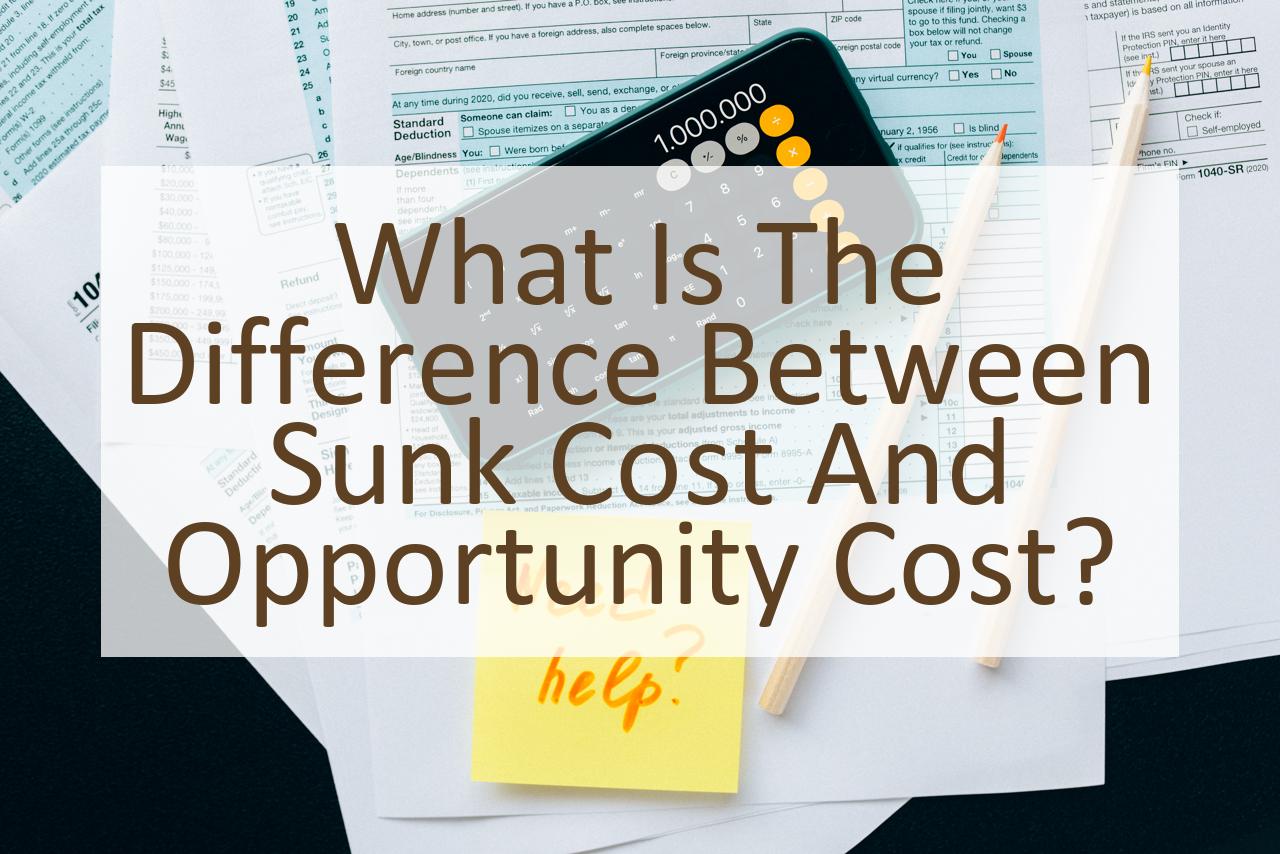
What is the Difference Between Sunk Cost and Opportunity Cost?
Sunk cost and opportunity cost are two of the most critical concepts in accounting. These two concepts are often used ...
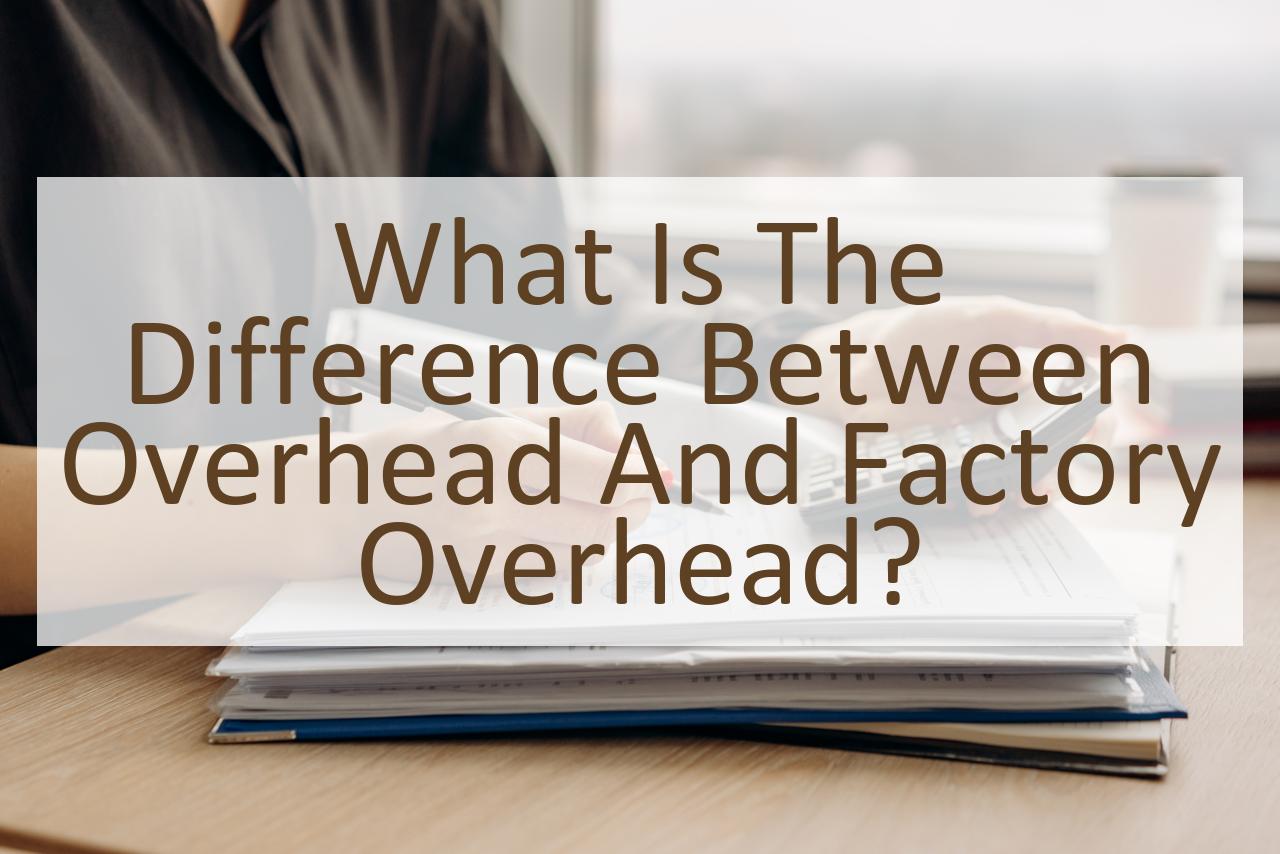
What is the Difference Between Overhead and Factory Overhead?
Overhead and factory overhead are two terms that are often used in the field of accounting. These terms refer to ...

What is the Difference Between Direct Material and Direct Labor?
Direct material and direct labor are two critical components of a product’s cost that are commonly used in accounting. While ...
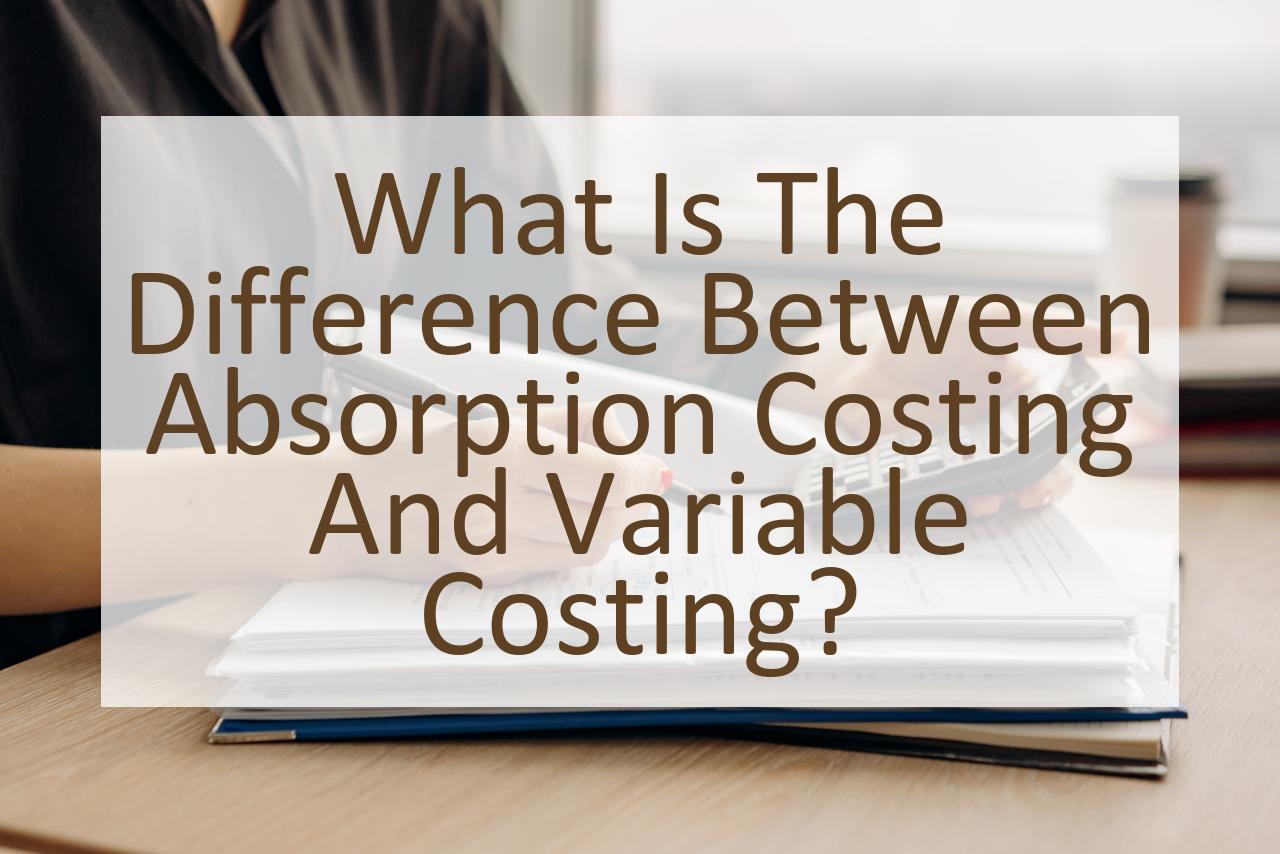
What is the Difference Between Absorption Costing and Variable Costing?
Absorption costing and variable costing are two crucial cost accounting methods used in decision-making. Both methods provide insight into the ...
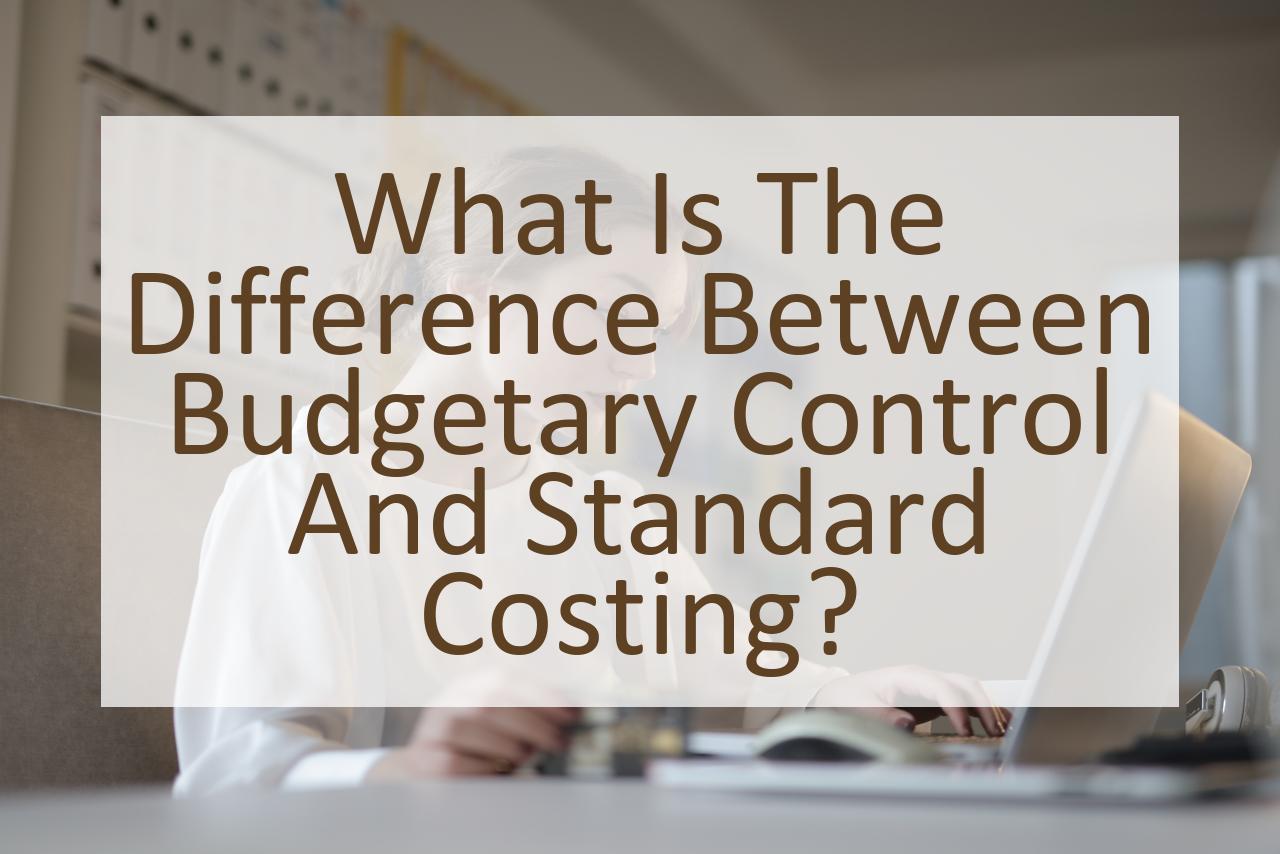
What is the Difference Between Budgetary Control and Standard Costing?
Budgetary control and standard costing are two popular methods used in accounting to manage costs and measure the financial performance ...
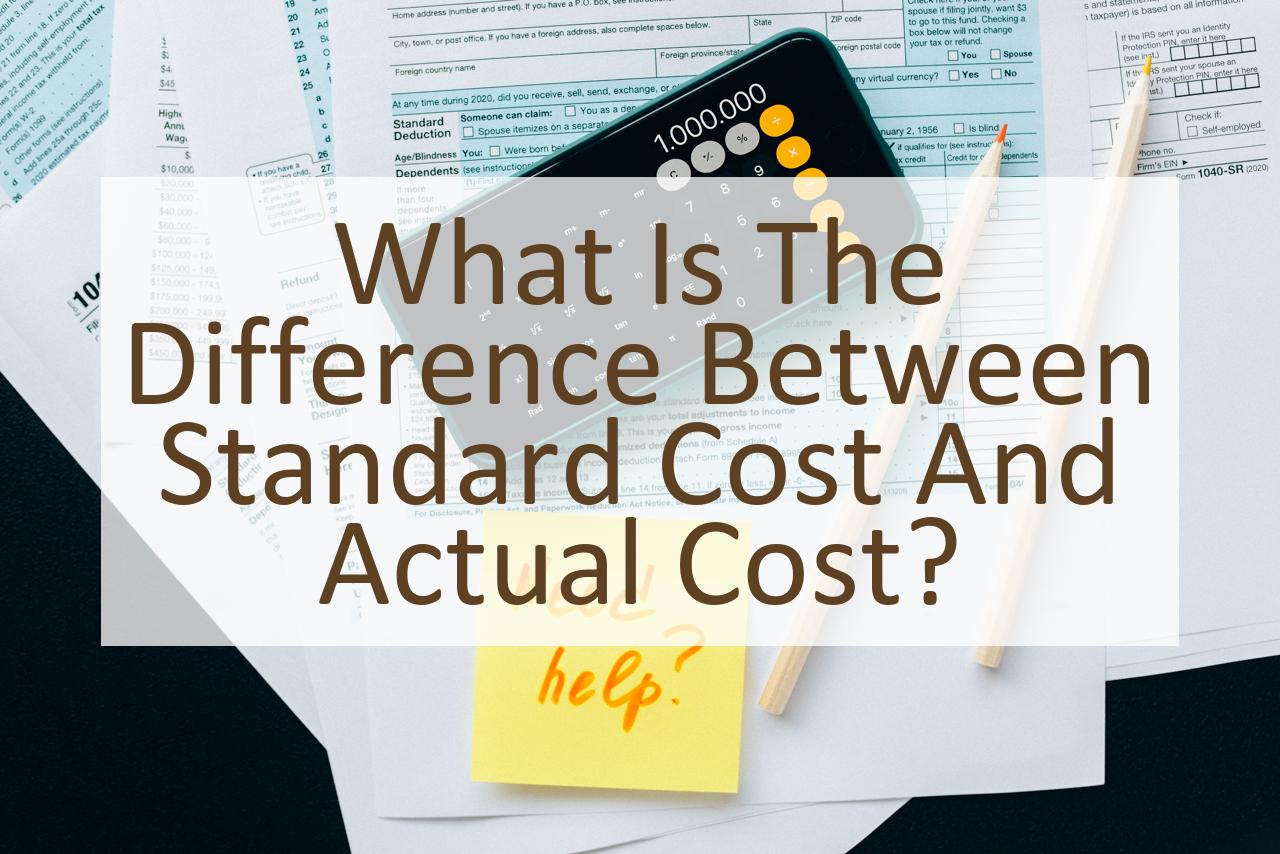
What is the Difference Between Standard Cost and Actual Cost?
Standard cost and actual cost are two important terms in accounting that refer to the cost of producing a product ...
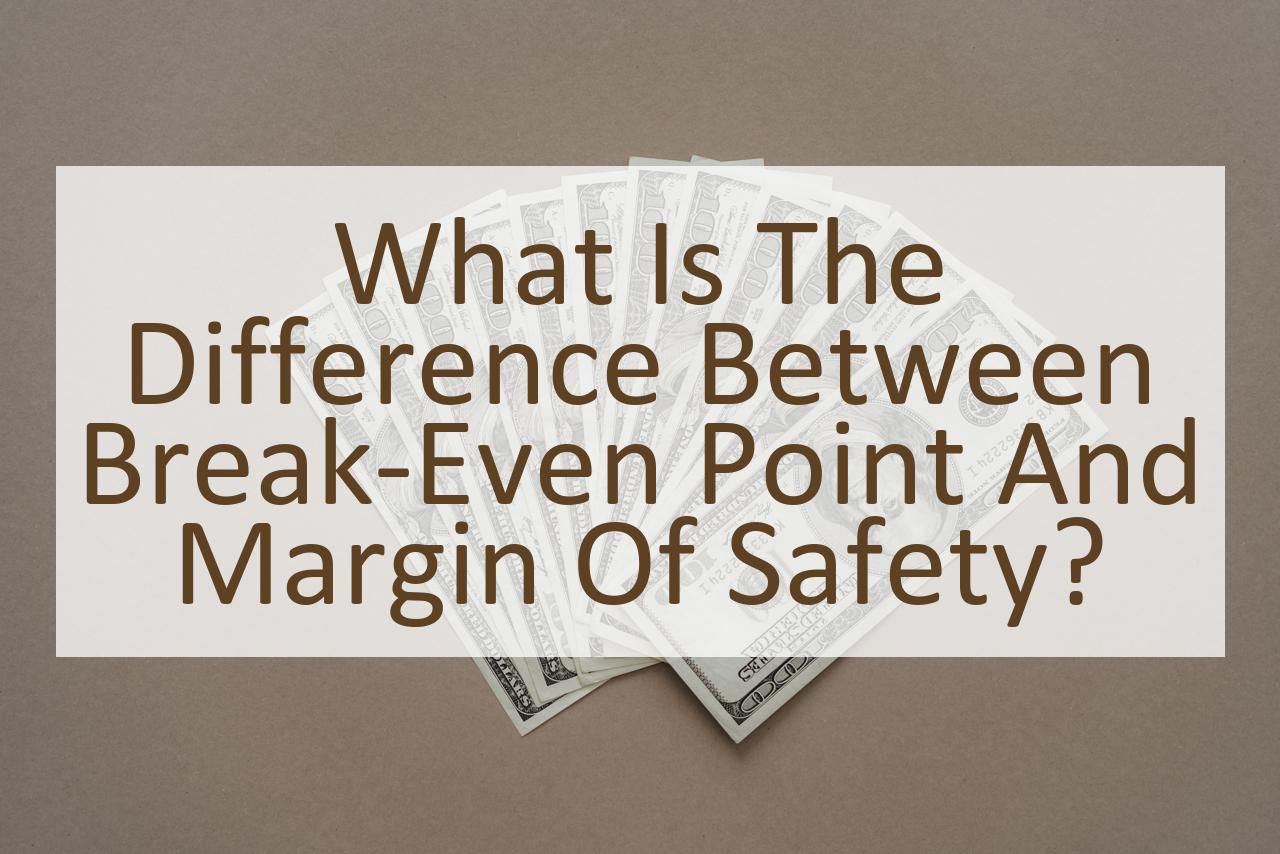
What is the Difference Between Break-Even Point and Margin of Safety?
The break-even point (BEP) and margin of safety (MOS) are two essential concepts in accounting that play a crucial role ...
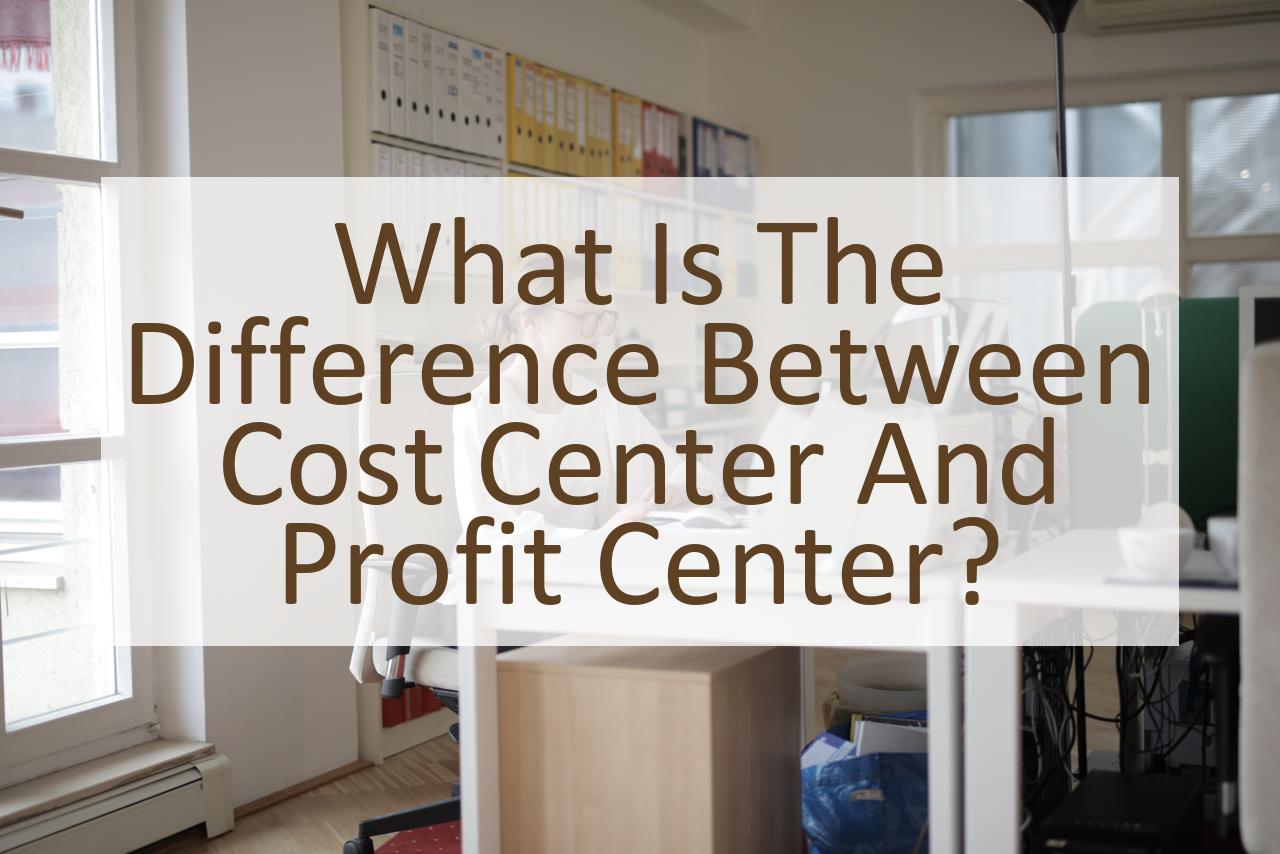
What is the Difference Between Cost Center and Profit Center?
In accounting, understanding the difference between cost centers and profit centers is vital for businesses to manage their resources and ...






